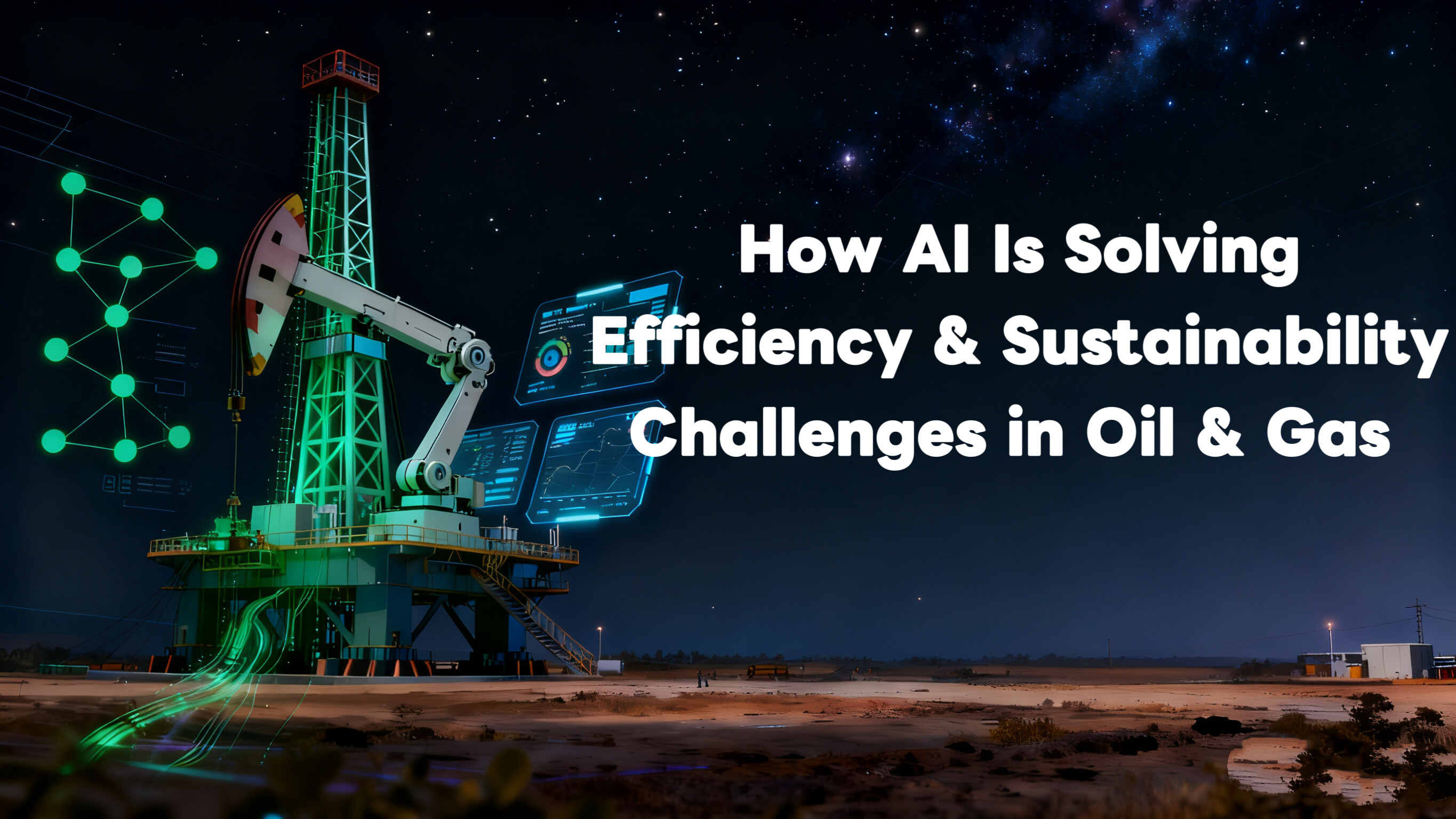
Schlumberger has developed the AI management system Lumi and AI analytics platform Delfi. Lumi integrates and intelligently manages exploration data, ensuring security and compatibility with existing platforms. It has further launched AgoraTM EdgeAI, enabling remote oil well operations and reducing downtime costs. Delfi delivers data visualization and one-click exploration simulation, while the AI Innovation Center boosts wellbore reconstruction efficiency by 2-3 times.
Baker Hughes’ BHC3AI, scalable via Microsoft Azure cloud, extracts insights from massive datasets to provide predictive solutions. It enables full-asset monitoring for predictive maintenance, while reducing energy consumption and calculating carbon footprints. After deployment by a corporate client, fault warnings are advanced by 10-180 days, cutting annual losses by over $100 million.
Halliburton’s AI-integrated autonomous drilling technology has been implemented in oil wells in the US and Colombia. Leveraging digital twin technology for data analysis and smart sensors to optimize well trajectories, drilling speed has increased by 33%. Its multi-database system ensures data quality, with hundreds of built-in AI models adapting to diverse scenarios.
AI has become the core engine for cost reduction, efficiency improvement, and green development in the oilfield service industry. This digital transformation not only reshapes industry operating models but also points the way for high-quality development in the energy sector—companies failing to keep up may miss critical opportunities.
